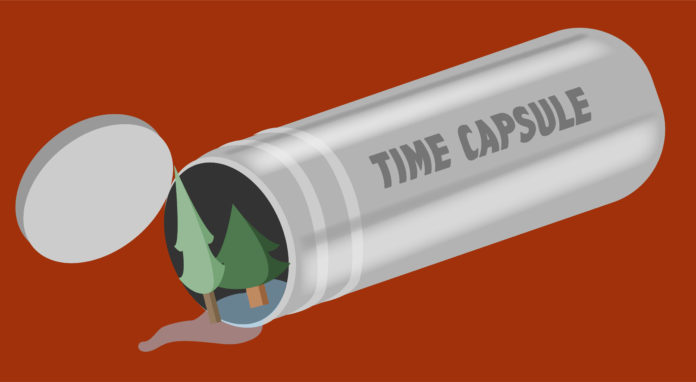The United States is home to diverse landscapes that have captivated foreigners and citizens alike since the earliest years of U.S. existence. The National Parks Service seeks to protect and preserve the beauty of beaches, deserts, mountains, valleys and forests. Because of the government shutdown, which began Dec. 21 and has become the longest shutdown in U.S. history, operations of the National Parks Service have been suspended.
The National Parks Service website explains the situation to potential park visitors: “Some national parks may remain accessible to visitors; however, access may change without notice. Some parks are closed completely. Some visitor services may be available when provided by concessioners or other entities. For most parks, there will be no National Park Service-provided visitor services, such as restrooms, trash collection, facilities or road maintenance.”
Besides just being beautiful, the National Parks attract millions of visitors, both citizens and international tourists. In 2017, the National Parks Service reported over 330 million recreational visitors in its more than 400 areas across the United States in that year. This results in a large revenue stream, but protecting the National Parks is about more than money.
The job of the National Parks Service is essentially to preserve the past and present for the future. The National Parks Service encompasses well-known parks like Yosemite and Big Bend, but it also includes cultural locations like the Waco Mammoth National Monument.
However, in the midst of the government shutdown, visitors have taken advantage of the lack of park staff collecting entrance fees (normally $35), but at a dire cost. Without park staff present to clean restrooms, collect trash or enforce protocols, parks are overridden with trash and other maintenance concerns like toilets overflowing with human waste. In one more extreme case, people set up illegal campsites and cut down the famous Joshua trees to make new roads in Joshua Tree National Park.
In response, some cities and states have allocated funds to maintaining locations that are part of the National Parks system. This is largely due to the tourism revenue these attractions provide. For example, NPR reported that the New York governor’s office is paying to maintain operation of Ellis Island and the Statue of Liberty.
In addition, some individuals and organizations have tried to perform some of the duties normally carried out by the National Parks Services, like cleaning up trash and restrooms. For example, local businesses near Yellowstone National Park, one of the top 10 most visited national parks and the first ever established, have pitched in to pay park staff and groom snow-covered roads.
Even with this extra help, the National Parks Service announced Jan. 6 that it will begin using entrance fee funds to provide some services during the shutdown.
“As the lapse in appropriations continues, it has become clear that highly visited parks with limited staff have urgent needs that cannot be addressed solely through the generosity of our partners,” National Park Service deputy director P. Daniel Smith told the Washington Post.
The National Parks Service needs our help. Donate to organizations that are stepping in to help out like the Yosemite Climbing Association, the National Parks Conservation Association and the Friends of Joshua Tree. Help out yourself if you live near a National Park (but be aware of safety concerns associated with this method of aid). Once the parks are up and running again after the shutdown, support the National Parks Service by visiting a park and paying the car entrance fee.
The National Parks Service protects the best the United States has to offer. From cultural and historical heritage to open landscapes and unique wildlife, the operations of the National Parks Service preserve and define what future generations will know about the past and the present United States. Right now, the story the National Parks Service tells may end in tragedy if we don’t do something to protect our country’s most precious resources.






